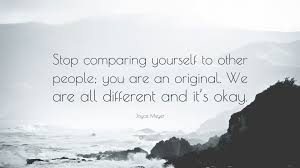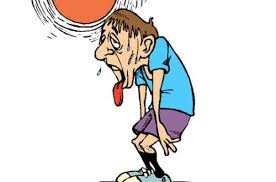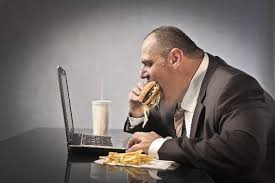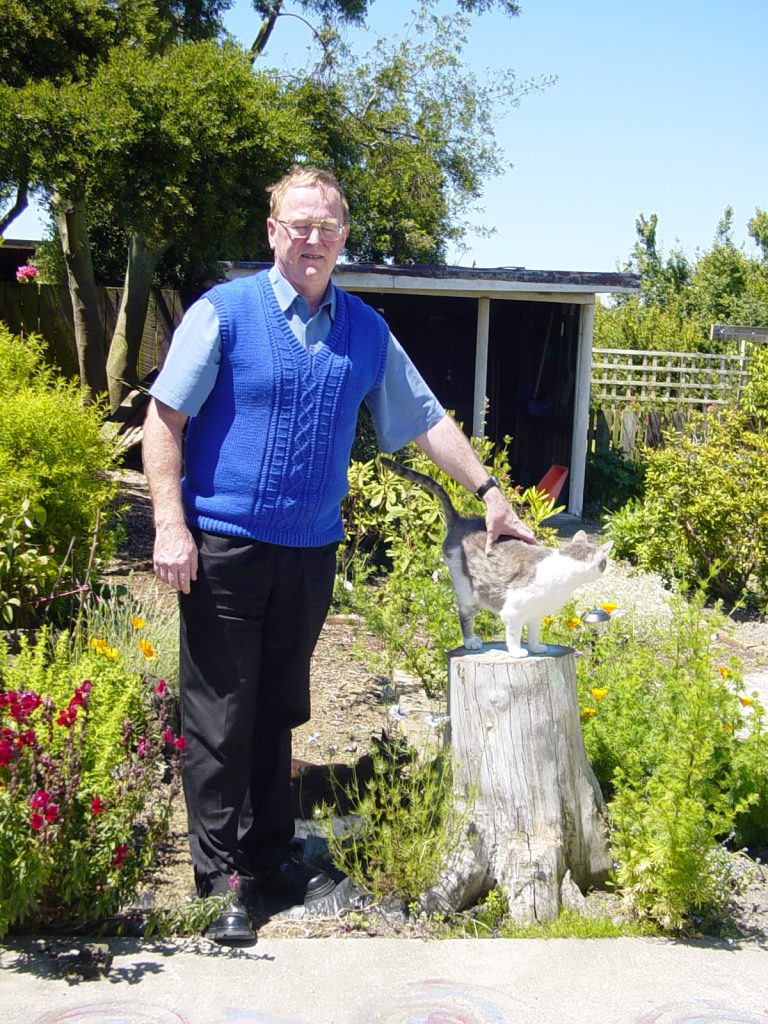Welcome to this series on Seniors. I hope you enjoy this thought-provoking and inspiring reading.
Aging it’s a natural process, but you can grow older without feeling weak, irrelevant, or boring. Well-being is not a privilege exclusive to young bodies. Things we associate with aging, like cognitive deficiencies or having a low sex drive, is more linked to lifestyle choices than age. Today we will discuss bad habits that scientists think can make you feel older.

Living a fulfilling life regardless of your age
It is important to note “old” is defined socially rather than medically. The association between age and feeling sad, lonely, or anxious can be challenged!
What does it mean to feel older?
People feel “older” when they notice younger people have other interests or different physical capabilities than them. This might look like not having the same sports performance, not wanting to party all night, or getting more tired.
None of these things make you “older” per se. These interests and abilities aren’t necessarily correlated to your chronological age. However, our society puts such pressure on feeling “young” that those signs of tiredness and changing interests can make us feel insecure.
Luckily, doctors and researchers have found there are some easy lifestyle changes that can help you physically and mentally to feel more youthful. Here are our tips:
- Stop comparing yourself to others
This old habit might be hard to break. It’s only natural – humans are social creatures that find their place in relation to others.
According to psychologists’ humans have a consistent dynamic of trying to please those we perceive as “superior” and ignoring people over whom we have advantages -social or physical-. As we grow older, our superiors start disappearing, and young people might not look up to us as much. This happens with our children, our friends, and our mentors.

This tendency to compare can lead to unhappiness, self-pity or shame. To fight this, remember every one of us works and lives at our own pace. It’s not a race, and we all face our own unique mix of advantages and disadvantages.
- You’re not sleeping enough
When you sleep badly, you feel bad. Chronic sleep deprivation has consequences, including deficiencies in the repairing and regeneration processes of your body. On top of this, good sleep is essential for cognitive performance, especially memory. When you sleep poorly, you don’t have the same mental sharpness, you suffer from physical fatigue, but you also suffer emotional consequences.
As we age, deep sleep is more difficult to achieve. Researchers recommend going to a sleep clinic if you feel you’re not getting enough shut-eye. Sleep specialists will help you figure out the reasons for your lack of sleep and fix them.
- You’re constantly dehydrated
We’re made from 70% water, so keeping your body hydrated is essential. Unfortunately, we tend to be chronically dehydrated these days. In fact, around 75% of us don’t drink enough water and suffer from chronic dehydration.
Since our bodies depend on water to accomplish even the most basic cellular functions, you won’t feel right without it. Lack of water makes you feel sluggish and with low energy. It can also feel like hunger, so might be more prone to overeating.
While the exact amount of water you need each day varies, striving for 6 cups a day is a reasonable start. If you’re doing physical work or sweating a lot, increase your daily water intake slightly.

If you’re in doubt about your hydration level, look at your pee. Urine that smells and looks dark yellow means you’re not drinking enough water. Strive for clear to light yellow and it should be enough.
- Physical inactivity
Moving is essential for good health, but we don’t do it often enough. Regular exercise will not only keep you fit, but it also promotes overall health and well-being.
Taking part in physical exercise increases and maintains blood circulation, thus improving oxygenation. Also, exercise rises your endorphins, lowering stress and making you feel happier.
If you’re struggling to keep up an exercise routine, try to figure out why you don’t like working out. If you feel bored with your regular workout, try out an exotic class at your local gym. If you feel demotivated, sign up for a group class or have a friend join you.
- Eating poorly
What you put into your body affects more than the number on the scale. In fact, researchers know now that a poor, unbalanced diet has negative effects on the gut microbiome. This complex community of living microbes is essential to overall health, helping with your digestion but also protecting your brain from degeneration. Your microbiome also produces essential hormones, processes dangerous toxins, and even controls your immune system.

Researchers found microbiome deregulations have a direct correlation with the quality of life and prognosis among patients with depression, Alzheimer’s, and autism.
- Excessive use of devices
Excessive use of tech devices is slowly deteriorating our health. Researchers have linked devices to less exercise and worse personal interaction among people of all ages.
On the other hand, the blue light that comes from electronic screens can cause eye strain, worsen migraines and change sleep patterns. Try to limit your daily screen time and gauge how you feel after a few days. You’ll probably notice the difference!
As you can see, sometimes your habits can hinder everyday wellness. Luckily, with a few simple changes you can also feel youthful and ready to take on your day
For more blogs, please visit www.NicksDigitalSolutions.com and choose Nick’s blog
For E-Learning material, please visit www.NicksDigitalSolutions.com and choose the E-Learning shop (in particular, Seniors).
Nick Thorne is the founder of Nick’s Digital Solutions Limited. He lives in Levin, New Zealand.

Nick Thorne performs a cat scan
